Here's the game you didn't know you needed to play
Electricity distribution networks are complicated. So are the games based on them.
Here are some seasonal tips and practical advice covering short-term wins and longer-term investments to optimise energy efficiency in your home this November.

As November rolls in, we're all enjoying warmer temperatures and longer daylight hours. It's the ideal time to prepare for the summer heat while keeping energy bills manageable. Improving energy efficiency at home reduces electricity expenses and creates a more comfortable living space. Here are some seasonal tips and practical advice covering short-term wins and longer-term investments to optimise energy efficiency in your home this November.
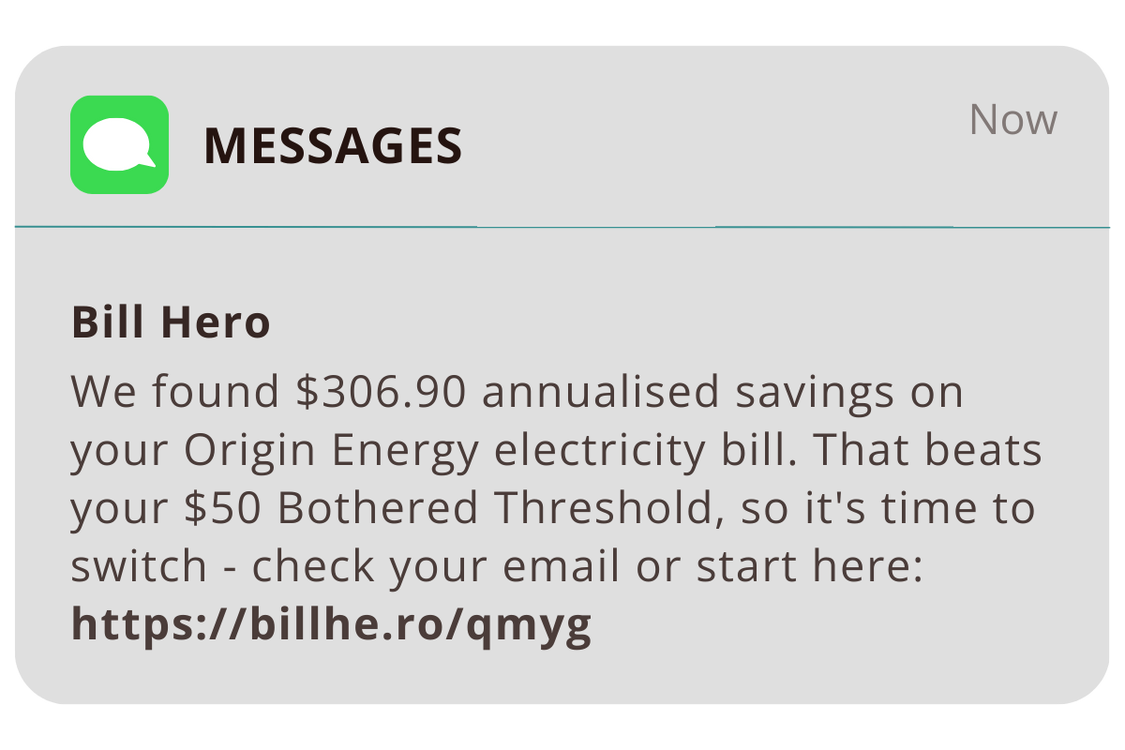
Not a subscriber yet? What are you waiting for! Sign up now and start getting alerts like this from Bill Hero! Bill Hero automatically compares every bill to help keep you always on the best-priced plan.
Open Windows Strategically: Temperatures are cooler in the early mornings, so open windows to let in fresh air. Close them, along with blinds or curtains, as temperatures rise to keep the cool air trapped inside.
Use Ceiling and Pedestal Fans: Fans are more energy-efficient than air conditioning. Set ceiling fans to rotate counterclockwise to create a cooling breeze. Place pedestal fans in rooms where you need immediate cooling and consider using them to move cooler air from one room to another.

Cross Ventilation: Create cross-ventilation by opening windows and doors on opposite sides of the house to encourage airflow. This helps to naturally cool down your living space without using any electricity.
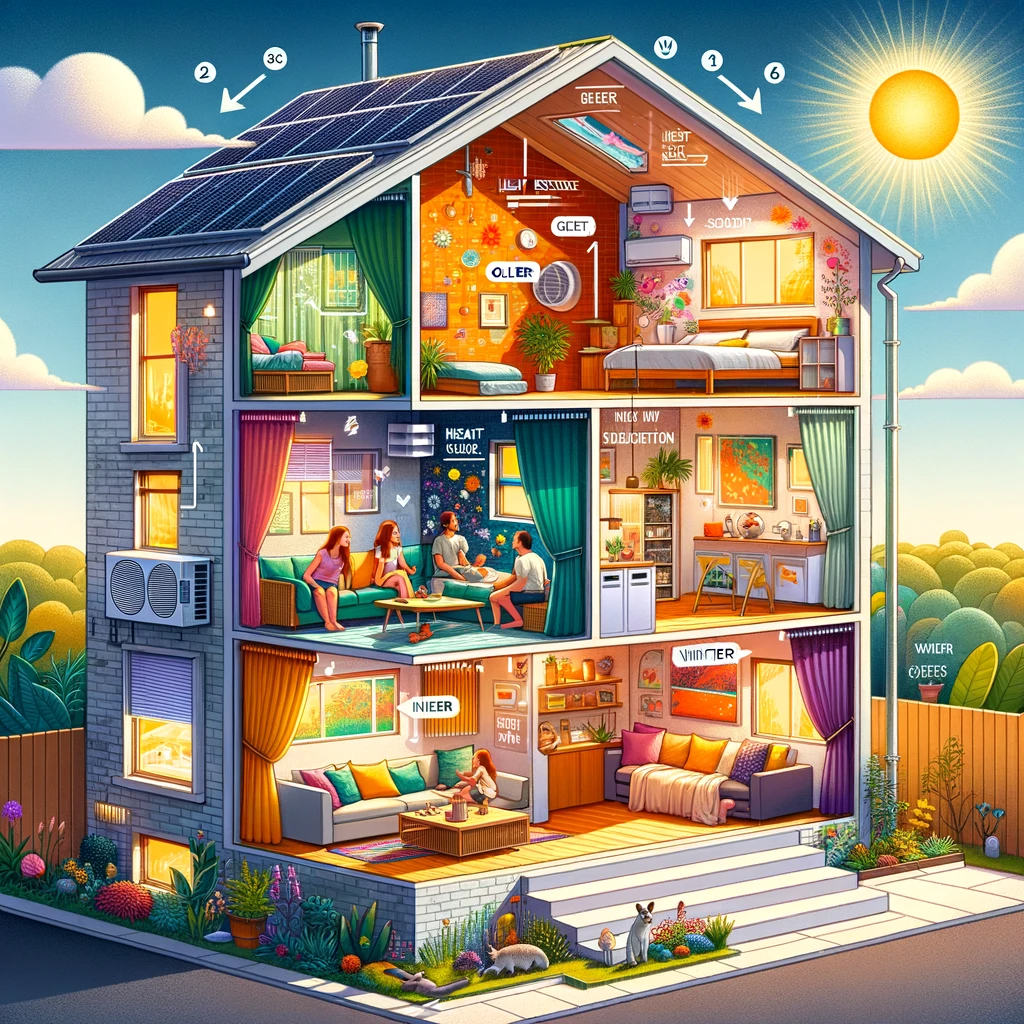
Thermostat Setting: Set the thermostat to 24-26°C, an energy-efficient temperature range. Each degree below 24°C can increase cooling costs by around 10%.
Close Off Unused Rooms: When using air conditioning, close doors to unused rooms to focus the cooling on areas you are using. This helps the system work more efficiently.

Maintain AC Filters: Regularly clean or replace air conditioner filters to keep the unit running efficiently. Dirty filters can restrict airflow and force the system to work harder, leading to higher energy consumption.
Maximise Daylight: With longer daylight hours, take advantage of natural light to illuminate your home. Open blinds and curtains during the day and turn off artificial lights.

Switch to LEDs: Replace any remaining incandescent or CFL bulbs with LED lights, which use up to 75% less energy and last longer. LEDs also emit less heat, which can help keep indoor temperatures down.

Lower Water Heater Temperature: Set your water heater to around 60°C. This temperature is adequate for household needs and avoids unnecessary energy use.
Take Shorter Showers: Shorter, cooler showers save energy and reduce hot water usage, which lowers both water and energy bills.
Insulate Hot Water Pipes: Wrap any accessible hot water pipes with insulation to reduce heat loss, helping water stay hot with less energy use.
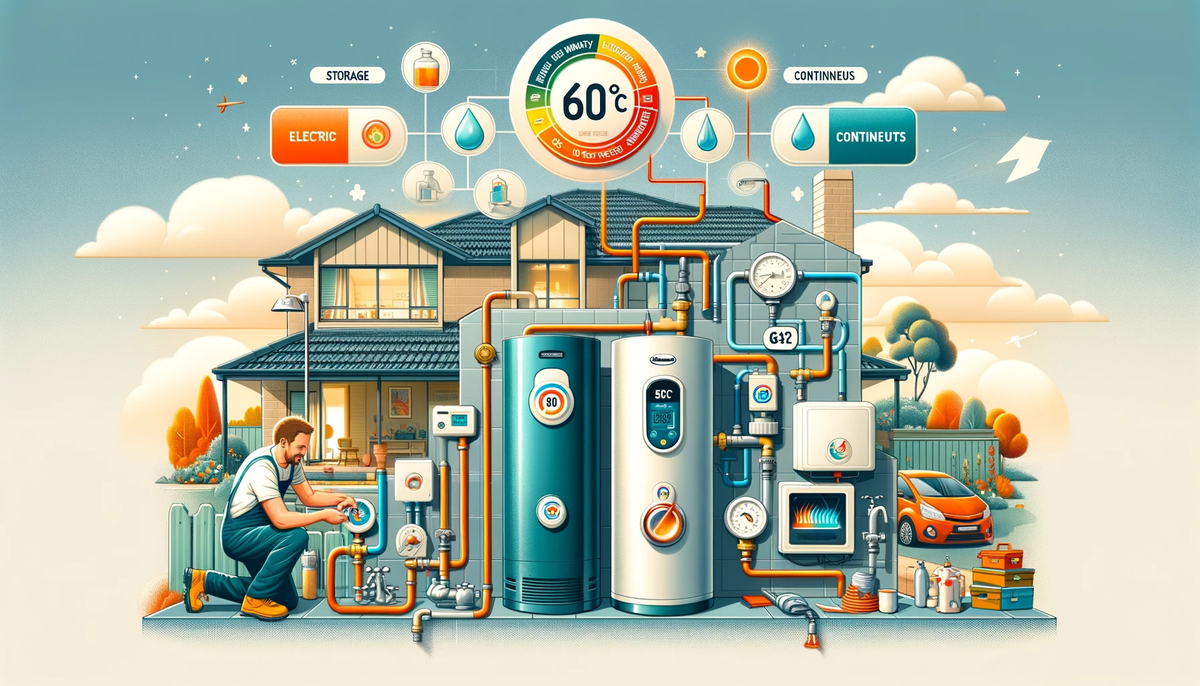
Run Appliances During Off-Peak Times: Many electricity plans offer off-peak rates, so run high-energy appliances like dishwashers, washing machines, and dryers during these times if possible, especially if you're on a Demand tariff.
Air-Dry Laundry: Use the warmer weather by drying laundry on a clothesline instead of using a dryer. Sunlight and fresh air are free, and it’s better for the environment.
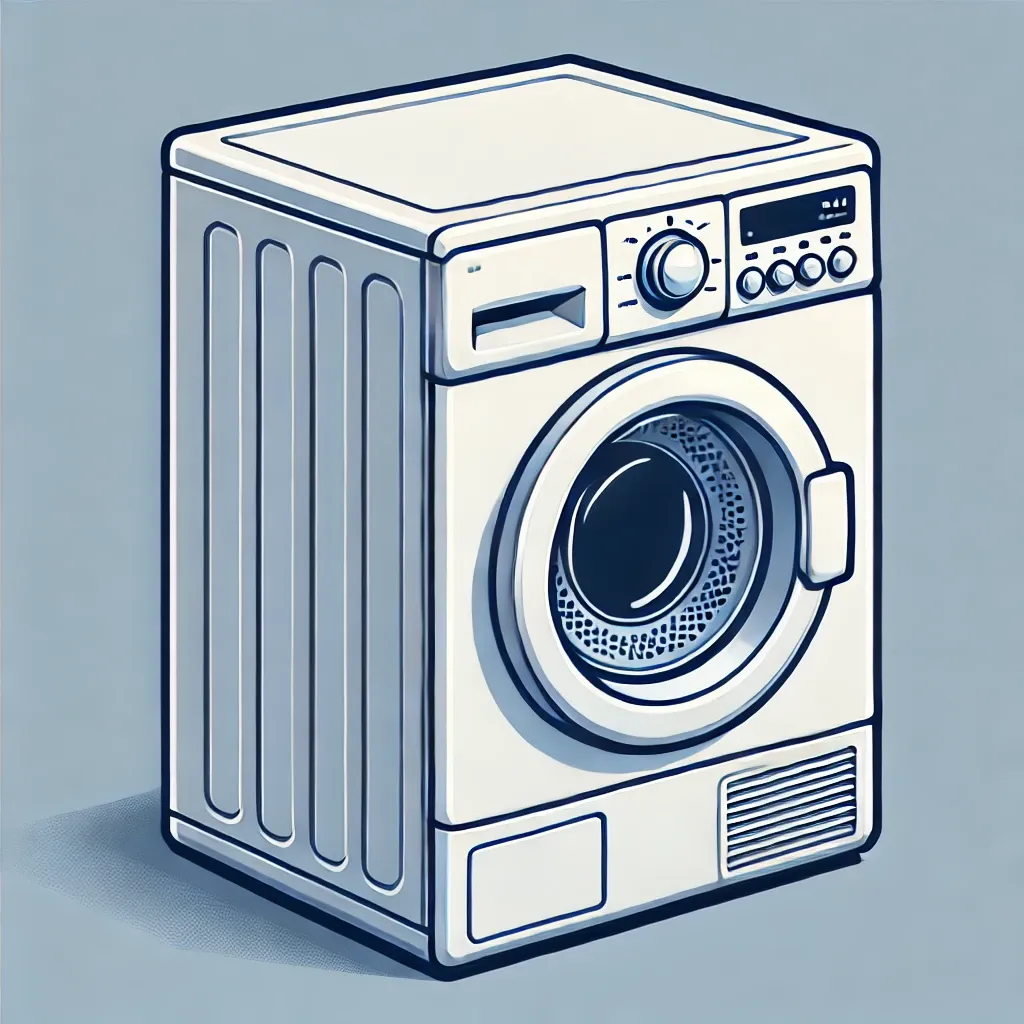
Unplug Devices Not in Use: Devices left plugged in, even when turned off, continue to use “phantom energy.” Unplug chargers, electronics, and appliances that aren’t being used to prevent unnecessary energy consumption.
Roof and Wall Insulation: Proper insulation in walls and the roof helps keep your home cooler in summer and warmer in winter. Insulating your roof can reduce summer heat gain by up to 35%, making it one of the most effective ways to improve energy efficiency year-round.
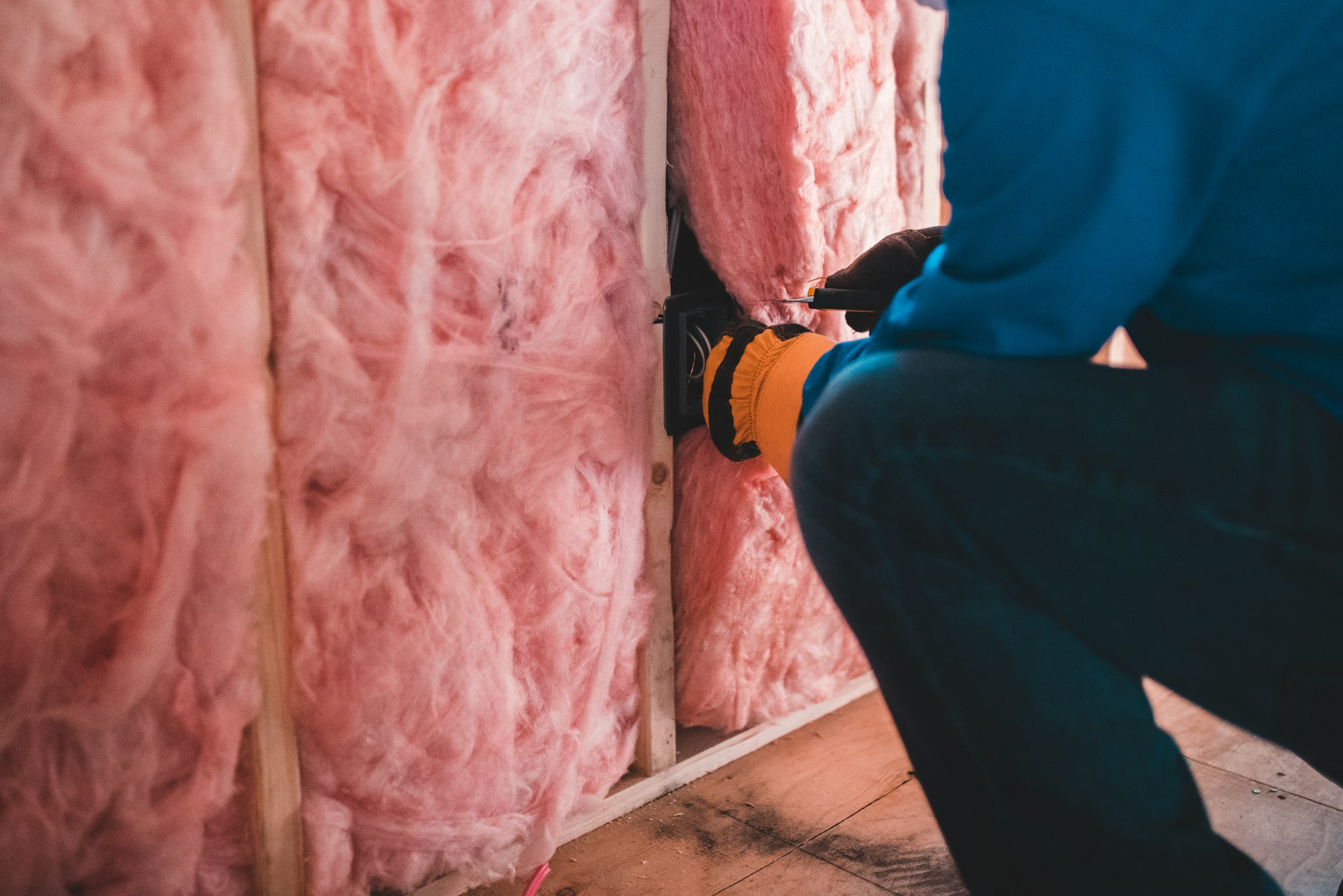
Window Insulation: Consider double-glazed windows or apply window film to reduce heat gain and loss. This investment improves temperature control, which reduces reliance on cooling systems.
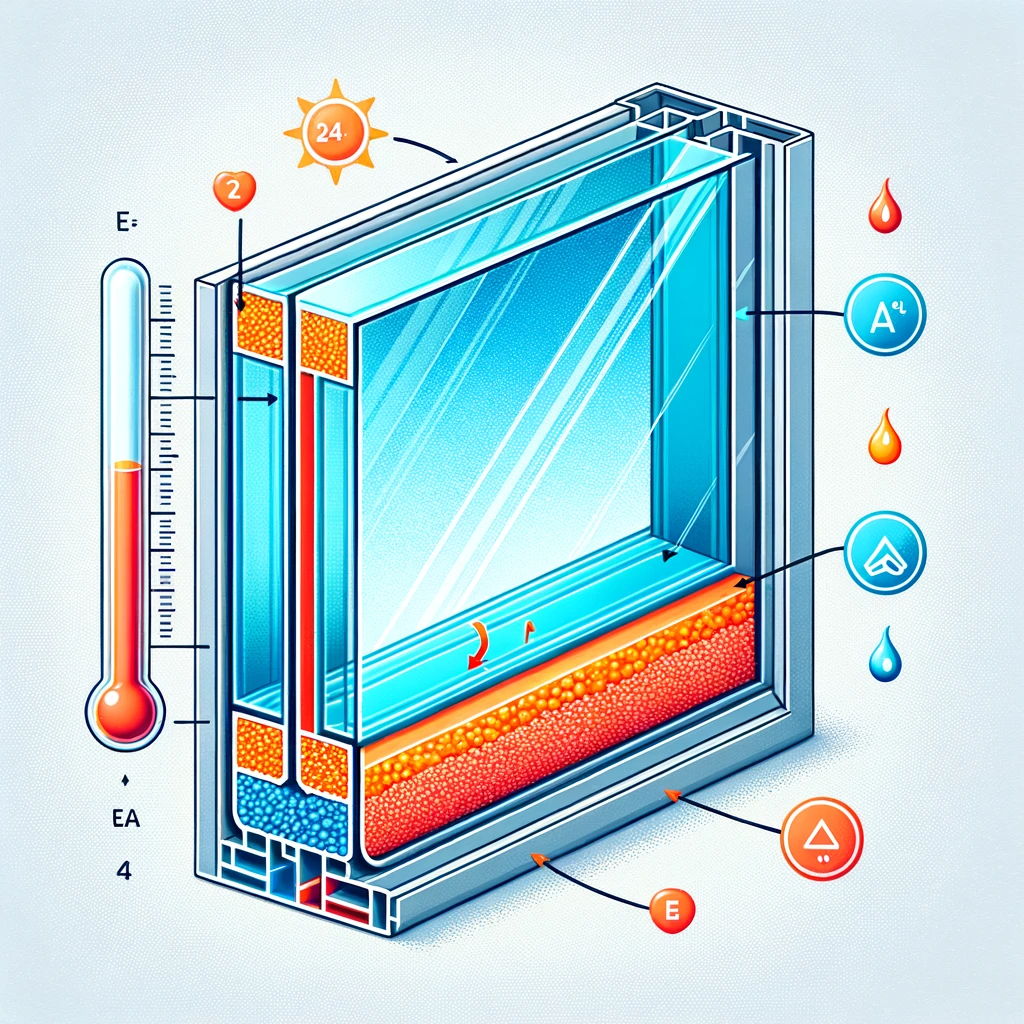
Install Solar Panels: Australia has excellent solar energy potential, and installing solar panels can significantly reduce electricity bills. Solar power can cover many household energy needs, especially during sunny months.
Battery Storage Options: Pairing solar panels with a battery storage system allows you to store excess energy generated during the day for use in the evenings or during high-cost peak times, further maximizing savings.

Bill Hero has partnered with SolarQuotes, the leading Solar quote provider in Australia, to help you get up to 3 no obligation solar quotes from fully qualified installers, absolutely for free.
Strategic Planting: Plant deciduous trees or tall shrubs on your home's northern and western sides. In summer, they provide shade to reduce heat gain, while in winter, their bare branches allow sunlight to enter and naturally warm the home.
Green Roofs and Vertical Gardens: These features improve aesthetics and provide natural insulation. Green roofs can absorb heat, and vertical gardens on walls exposed to strong sunlight can help reduce interior temperatures.
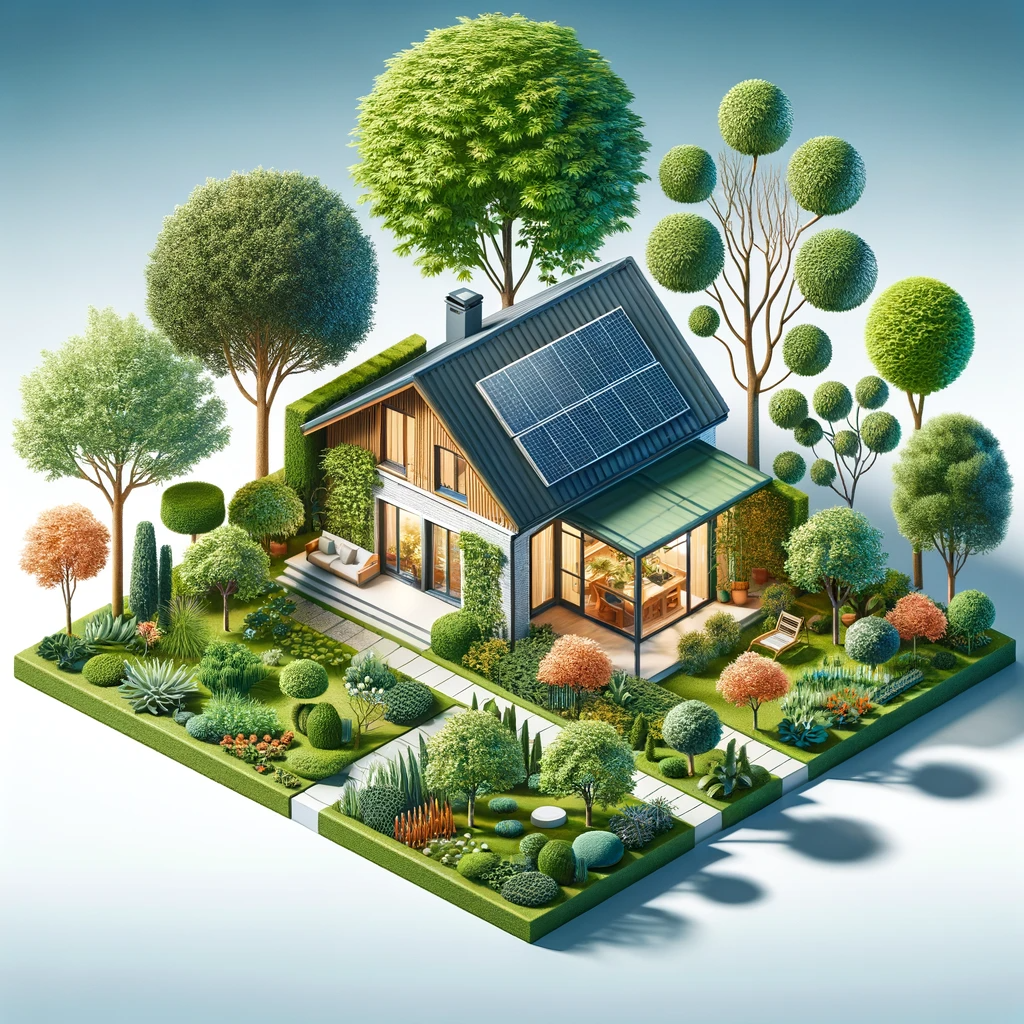
Inverter Air Conditioners: Inverter technology allows air conditioners to adjust their output gradually rather than switching on and off, which is more energy-efficient. If your air conditioner is over 10 years old, consider upgrading to a newer, energy-efficient model.
Energy Star Appliances: When replacing appliances, look for those with high Energy Star ratings. Appliances like refrigerators, washing machines, and dishwashers with better efficiency ratings consume less energy, leading to savings over their lifespans.
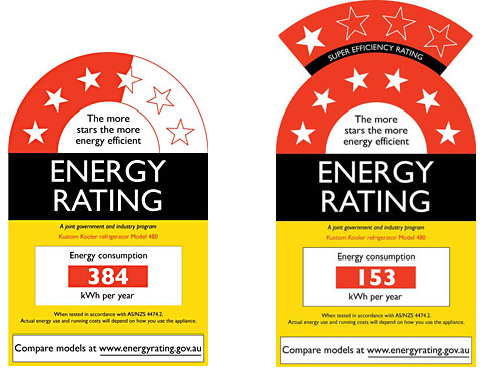
Smart Thermostats: A smart thermostat can adjust the cooling based on your schedule, turning off or lowering the temperature when you’re not home and adjusting it back before you return. This prevents energy wastage and maximises efficiency.
Smart Plugs and Power Strips: These devices allow you to turn off multiple appliances at once or schedule them to turn off during certain hours, reducing standby power usage and giving you more control over energy consumption.
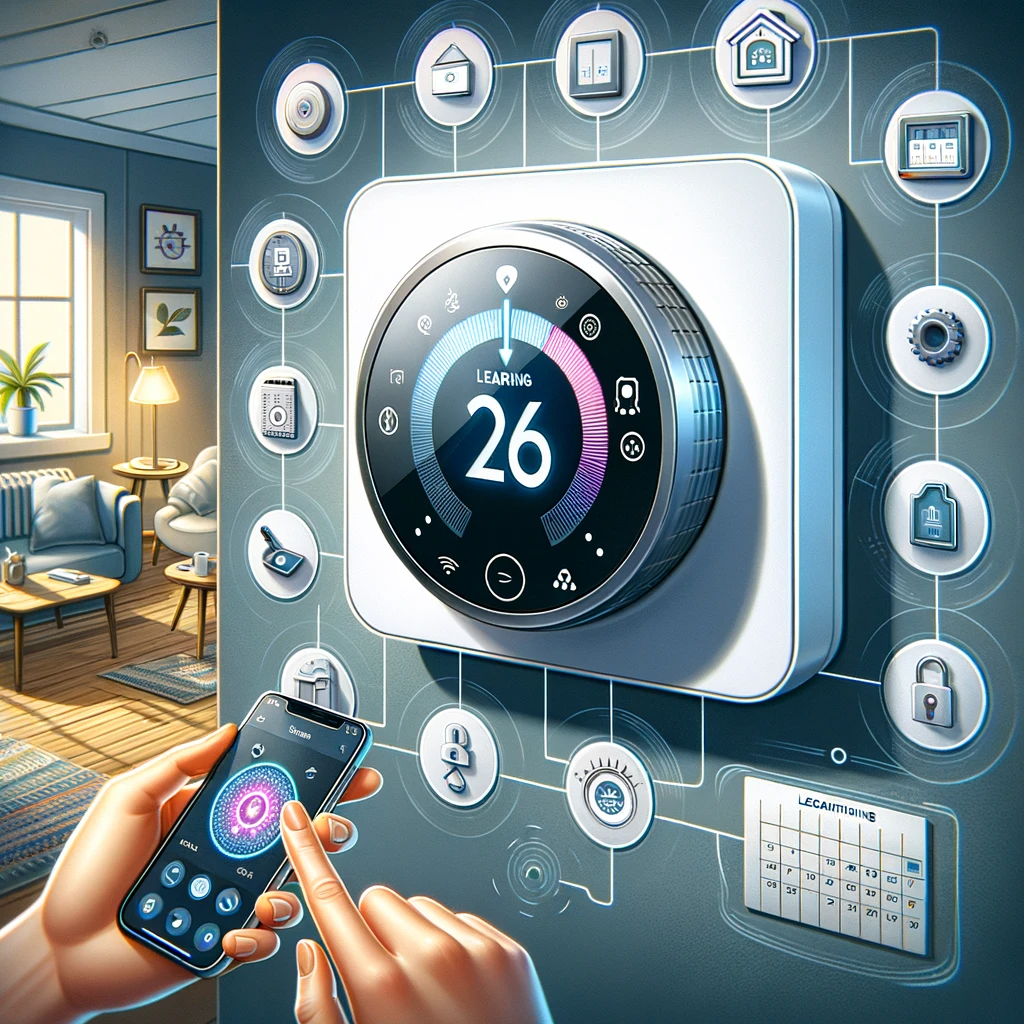
Compare Electricity Plans: November is a great time to review your electricity plan, especially if your current contract is ending soon.

Not a subscriber yet? What are you waiting for! Never overpay for energy again! Bill Hero automatically compares every bill to help keep you always on the best priced plan.
Weather-Adaptive Cooling: Stay informed of local weather forecasts. Adjust your cooling strategies based on temperature and humidity predictions. On particularly hot days, prioritise shading and ventilation before switching to mechanical cooling methods.
Be Prepared for Summer Heat: November is an ideal time to ensure that your cooling systems and fans are in good working order before peak summer temperatures arrive. Maintenance checks and minor repairs can help prevent more costly issues when demand on these systems is highest.
Benchmark Your Usage: Use apps or online tools from your energy provider to monitor your electricity usage. Knowing when and how much energy you’re using helps identify opportunities for further savings.
Involve the Whole Household: Encourage energy-saving habits among family members. Simple actions like turning off lights when leaving a room, using fans instead of air conditioning, and unplugging unused devices can make a noticeable difference.
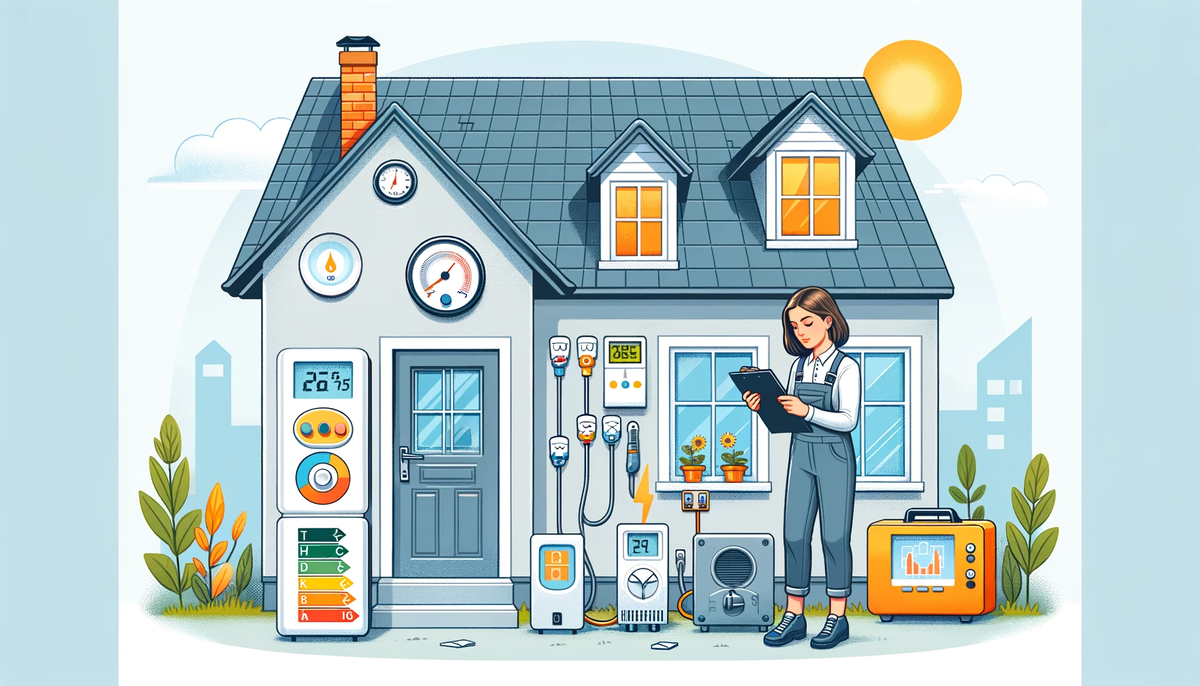
Optimising energy efficiency in Australian homes in November is about balancing immediate actions with long-term improvements. You can quickly reduce energy bills by implementing some quick changes—such as adjusting thermostat settings, maximizing natural light, and managing appliance use. Additionally, consider investing in insulation, energy-efficient appliances, solar panels, and smart home technology to enjoy sustained savings and environmental benefits. With these strategies, you can maintain a comfortable home, save on energy expenses, and reduce your environmental impact as summer approaches.
Got opinions about energy efficiency strategies for November? Have your say in the comments, but please first read and understand our Community Guidelines.

Savings as a Service is the blog site and newsletter from Bill Hero. Subscribe now and get your energy savings tips and information delivered fresh to your inbox every month.